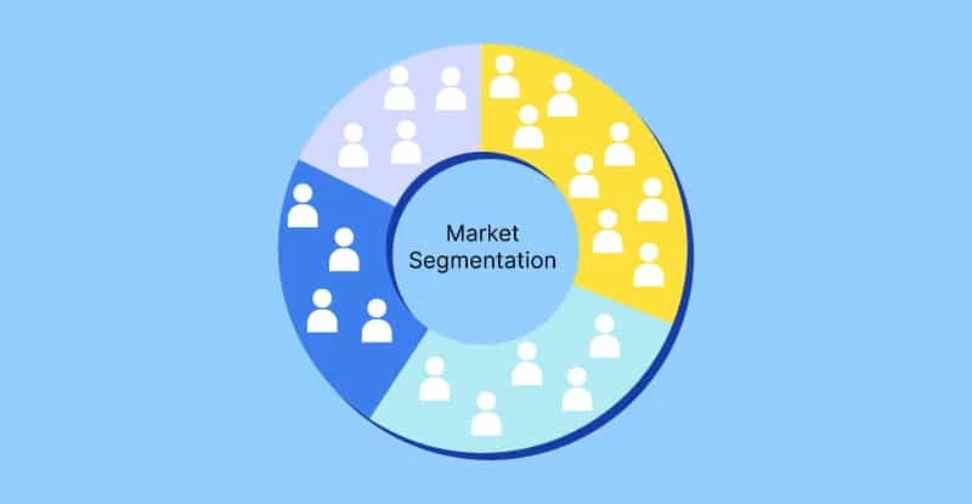Lotus299, Goldenexch, Msdexch: In the realm of marketing, the integration of artificial intelligence (AI) has proven to be a game-changer. AI empowers marketers with the ability to deeply understand consumer behavior, preferences, and patterns. By analyzing vast amounts of data in real-time, AI enables brands to tailor their marketing strategies for maximum impact and relevance. This personalized approach fosters stronger connections with consumers, ultimately boosting customer engagement and loyalty.
Moreover, AI enhances the efficiency of marketing campaigns through automation and optimization. Tasks that were once time-consuming and resource-intensive, such as analyzing market trends or managing advertising budgets, can now be streamlined with the help of AI algorithms. This not only frees up valuable time for marketers to focus on creativity and strategy but also ensures that campaigns are constantly refined to deliver the best results. In essence, the benefits of AI in marketing are not just about driving revenue but also about fostering innovation and staying ahead in a competitive landscape.
How AI Improves Predictive Analytics
Predictive analytics has become an indispensable tool for businesses looking to anticipate future trends and make informed decisions. By leveraging artificial intelligence (AI), companies can enhance the accuracy and efficiency of their predictive models. AI systems are capable of analyzing vast amounts of data at high speeds, helping organizations identify patterns and make accurate predictions based on historical data.
One of the key ways AI improves predictive analytics is through its ability to adapt and learn from new information in real-time. Traditional predictive models may become outdated quickly as market conditions change, but AI algorithms can continuously evolve and refine their predictions as they receive new data inputs. This dynamic approach allows businesses to stay ahead of the curve and make proactive decisions based on the most up-to-date information available.
The Role of Customer Segmentation in Marketing
Aldoexch, Aaonline777, Aaonline247: Customer segmentation plays a crucial role in modern marketing strategies. By dividing a broad target market into smaller, more defined segments, businesses can better understand and cater to the unique needs and preferences of different customer groups. This approach allows companies to tailor their marketing efforts, products, and services to specific segments, ultimately increasing customer satisfaction and loyalty.
Moreover, customer segmentation enables businesses to personalize their communication and interactions with customers. By creating targeted marketing campaigns for each segment, companies can deliver relevant and timely messages that resonate with their audience. This personalized approach not only improves the effectiveness of marketing efforts but also helps strengthen the relationship between the brand and its customers.
– Customer segmentation helps businesses better understand and cater to the unique needs of different customer groups
– Tailoring marketing efforts, products, and services to specific segments increases customer satisfaction and loyalty
– Personalized communication through targeted marketing campaigns improves effectiveness and strengthens brand-customer relationships
What is customer segmentation?
Customer segmentation is a simple process of dividing customers into groups based on other characteristics like demographics, behaviour, or preferences.
Why is customer segmentation important in marketing?
Customer segmentation allows businesses to target their marketing efforts more effectively by tailoring messages and offers to specific customer groups. This can lead to higher conversion rates and increased customer satisfaction.
How can AI help with customer segmentation?
AI can analyze large amounts of data quickly and accurately to identify patterns and trends that can be used to segment customers. This can lead to more precise targeting and better results for marketing campaigns.
What are the benefits of using customer segmentation in marketing?
Customer segmentation can help businesses improve customer retention, increase sales, and enhance customer satisfaction. It can also help businesses better understand their customers and tailor products and services to meet their needs.
How can businesses use customer segmentation effectively?
Businesses can use customer segmentation to create targeted marketing campaigns, personalize communications, and develop products and services that meet the needs of specific customer segments. By understanding their customers better, businesses can build stronger relationships and drive growth.

